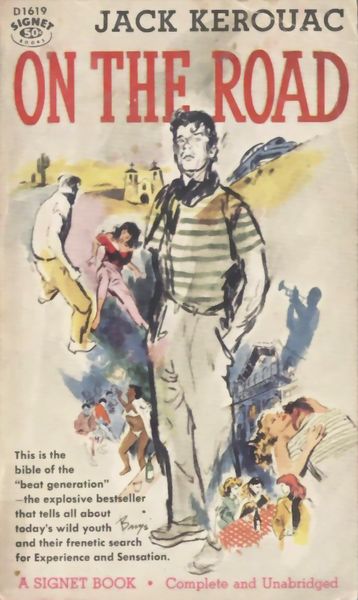“I have studied a lot for this test, but I didn’t do well. That’s so unfair. How can I do better next time?”
This is a question I have heard often since I began teaching. Because I used to teach the core undergraduate microeconomics course in a public policy school, where not all students like economics, it is a question I have probably heard more often than my colleagues who have always taught in an economics department.
So instead of giving the same advice over and over again to different students, I thought I should write down my thoughts about how one can maximize the chances one will do well in one’s economics class.
Beyond the obvious, my credentials for doing so are as follows. I started college wanting to major in philosophy. After a few semesters of (i) wondering what I would do with my life with a philosophy degree and (ii) feeling frustrated by what I felt was somewhat arbitrary grading, I switched my focus to economics, where I didn’t do very well in microeconomics and math for economists until I figured out a good method of preparing for tests. But that wasn’t until I started my Masters in Economics.
Hopefully, this document will help some of you get there earlier than I did.

